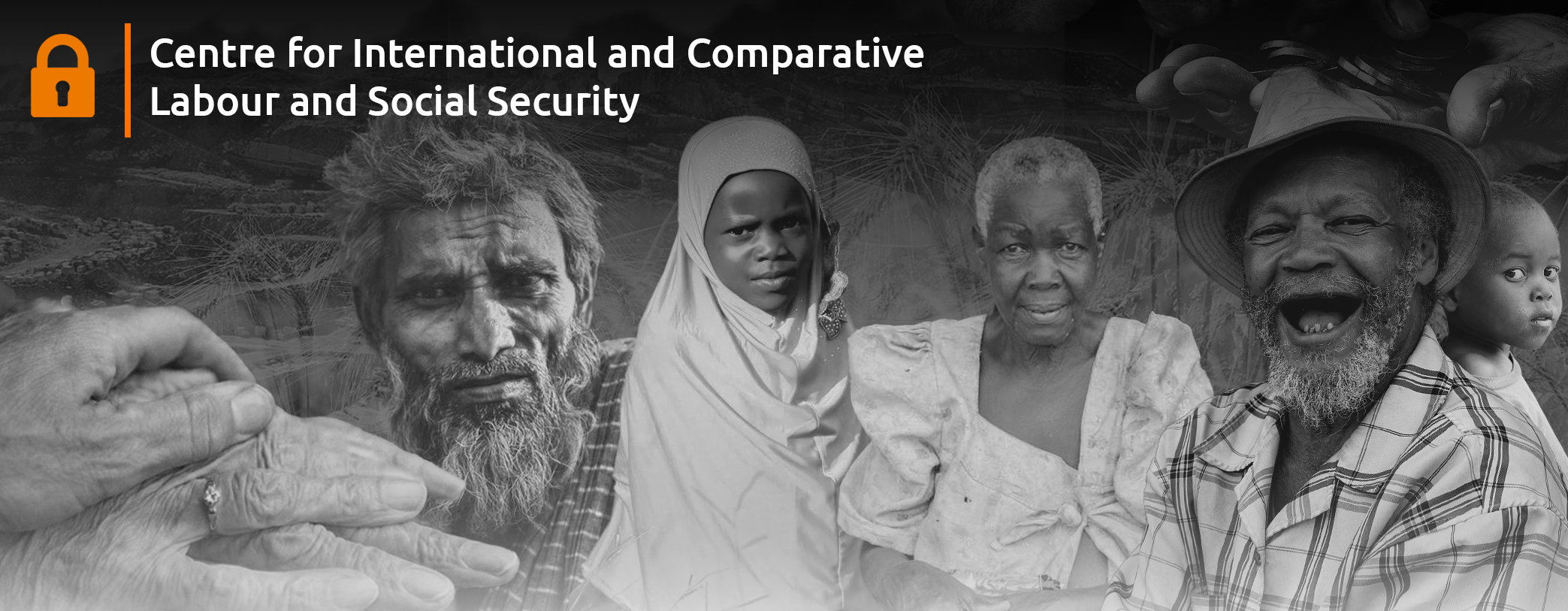Centre for International and Comparative Labour and Social Security (CICLASS)
Home » Faculties of Law » Research »
Welcome to the Centre for International and Comparative Labour and Social Security Law.
The Centre for International and Comparative Labour and Social Security Law (CICLASS), was established in 1994.
The Centre initially commenced as a joint Rand Afrikaans University – University of Stellenbosch (RAU-US) initiative. However, apart from sharing the same name, the Centre at UJ in all respects operates distinct from the Centre at US, which has retained its own particular and limited focus and activities. The initial focus of the Centre was on labour law research and related activities. In recent years the social security component was added to the research and teaching activities of the Centre.
Mission
The articulated mission of the Centre is to drive the development of viable and sustainable labour law and social security (protection) systems to address inequality and bring about social justice in the developing world.
In fulfilling this mission, CICLASS strives towards:
the stimulation and facilitation of high-quality research in the areas of labour and social security law, with emphasis on a comparative and applied approach
the development of tailor-made teaching interventions
the rendering of appropriate forms of policy support
Over the years the Centre’s role and impact have grown in depth and breadth, in terms of:
- Its focus and orientation: The Centre has established itself as a leading Centre in both labour law and social security, as is apparent from its extensive contribution to in-depth and applied research, the resultant policy-making involvement, and the related teaching interventions in these areas. Furthermore, the focus of the Centre is decisively concentrated on the developing world, (SADC and Africa, Asia and Latin America) while simultaneously benefiting from and effectively contributing to the international and comparative discourse. This, the Centre seeks to achieve, through unique and targeted institutional arrangements.
- The material sphere of its activities: An integrated and coordinated approach comprising several core elements characterises the operations of the Centre. In executing its mission the Centre has been focusing on the following key activities:
- High-quality research
- Extensive training and teaching involvement
- Intensive involvement in policy development
- Community involvement
- Capacity building
- Organisation and hosting of conferences, workshops and seminars
- Presentations and publications
